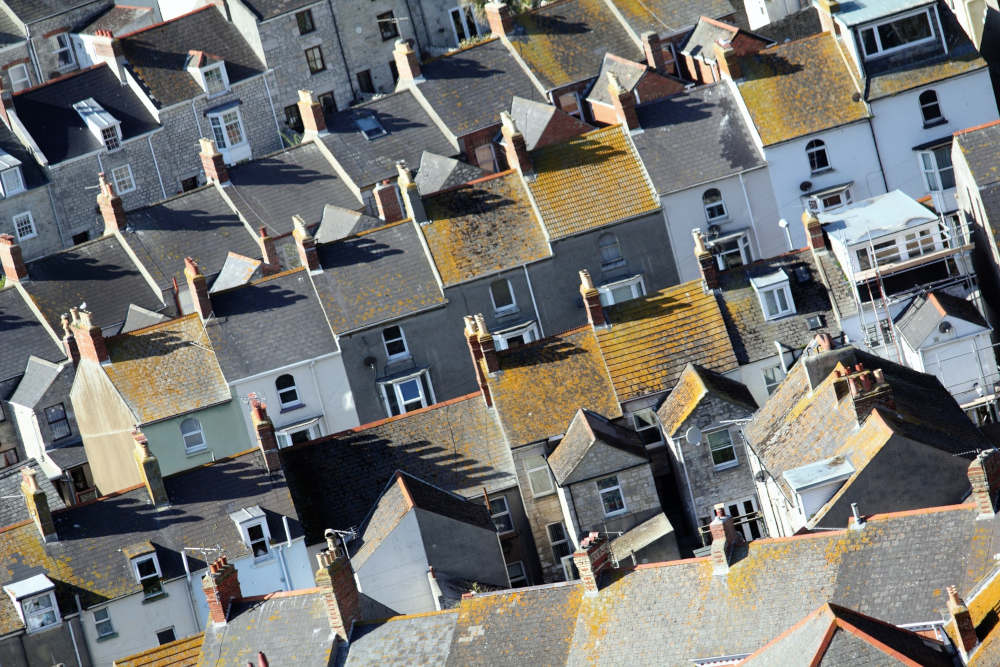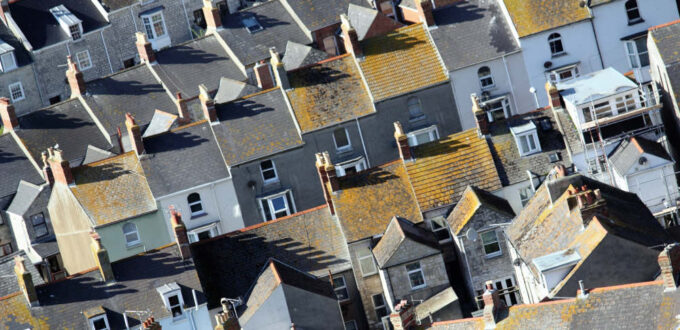
An estimated 238,100 homes, or 2.4%, of all Australian households have experienced a break-in in the past financial year, the latest crime victimisation survey from the Australian Bureau of Statistics (ABS) has revealed.
During the period, an additional 1.9%, or 185,800 homes, have encountered an attempted break-in, while 0.6%, or 62,800 households, have been a victim of vehicle theft, and 2.7%, or 260,100 homes, have experienced theft from their vehicles.
These numbers were a huge drop from the figures 10 years ago, but what was striking in the survey results was the increased complacency among some of the victims.
While almost three-quarters of those who experienced a break-in in their homes, and 87% of those who experienced car theft, reported the crimes to law enforcement authorities, only 40% of those who encountered an attempted break-in in their households, and 53% of those who had something stolen from their vehicles, reported the incidents to the police.
Many of those who did not report the crimes to authorities thought that there was nothing the police could do, or the incidents were “too trivial or unimportant.”
For those who fail to inform law enforcement personnel of a crime that has occurred in their homes, this could greatly impact their ability to make a claim on their insurance policy.
What do thieves look for?
In an interview with Canstar, Darnielle Fioriti, acting senior sergeant of the Queensland Police, said that, unlike years ago, thieves were no longer stealing bulky items such as television sets and furniture from people’s homes.
“Most offenders these days are looking to steal anything that is easily portable and can be readily exchanged for cash,” she told the financial comparison website. “This can include items such as jewellery, wallets and cash, laptop computers, and mobile phones.”
How can Australians secure their homes against theft?
Home invasions can have a serious impact not just financially, but also in the mental and emotional well-being of the residents. And often, the responsibility of minimising potential risks falls on the shoulders of the people living there.
To find out what industry insiders think are the most effective ways Australian households can safeguard themselves against theft, Insurance Business searched the websites of some of the country’s major home insurance providers. Here are some of their practical tips:
- Keep all possible entrances locked
ABS’s figures showed that a significant number of break-ins, or attempted break-ins, occurred through unlocked or damaged doors and windows. Because of this, insurers strongly recommend residents to double-check if all possible entrances are locked before going to sleep or heading out even for a short walk.
“A great deal of property theft is opportunistic – thieves taking advantage of the fact your home is easily entered or obviously empty,” wrote State Government Insurance Office (SGIO) in a blog. “Even if you are at home in the day, be aware that it only takes seconds for someone to walk in and take something, while you are in another part of the property.”
Installing locks on open windows and doors can also be effective in thwarting would-be thieves, Budget Direct wrote in a separate blog.
“At the very least, start by installing some locks, so you can keep burglars at bay,” the insurer noted. “Other things to consider are two-cylinder deadlocks for doors, key operated locks or patio bolts to all external sliding doors, and security screens or key operated single-cylinder locks for windows.”
The firm added that before leaving, residents should do another visual check of the house to make sure the property is properly secured.
“One good habit when driving away from your home is to set off the wrong way down your street, turn around after 100m, and take another look before driving away properly,” Budget Direct suggested. “You can check that the garage door went down, there are no obvious curtains open, and you’ve generally left your home looking secure.”
2. Keep valuable items out of sight
Another way to protect the home from unwanted attention is keeping valuable items away from public view, the insurers advised.
“By placing valuables near windows, you’re more likely to draw attention from anyone who manages to get close enough to look inside your home,” Budget Direct cautioned. “Start by moving all valuables out of sight and especially away from the windows.”
Allianz, meanwhile, recommended breaking up the packaging of expensive items before throwing them into the bin. The insurance giant added that installing a small safe for valuable possessions “is a relatively low-cost way to protect those items.”
- Never leave spare keys outside
Some homeowners have the habit of leaving a spare key in a concealed place outside the house in case of an emergency, but insurers warned that this is tremendously risky.
“Thieves know all the hiding spots – under the mat, on a window ledge, under plant pots, in the letterbox or meter box – so don’t take the risk, even just as a one off,” according to SGIO. “If you want to have a spare key available in case of emergencies, leave a key with a neighbour or friend.”
- Install a home security system
A home security system can be a costly investment, but it is one of the most effective ways to deter thieves. Sometimes, just the sight of a security camera is enough to discourage potential intruders, according to the insurers.
“There are a wide variety of alarm systems and when choosing one you should make sure that it has visible signage and is properly programmed, installed, and maintained,” Budget Direct advised. “On top of this, security cameras and electronic doorbells with in-built cameras can use footage captured to figure out how you were burgled… it’s recommended that you purchase a camera with a mobile app so that you can capture footage in real time.”
- Add an extra layer of security
With break-ins often attempted through windows and doors, insurance companies recommended strengthening the defences for these parts of the house.
“A solid core door with a deadlock, for example, is harder to force, grilles and shutters prevent burglars from breaking in through windows, and a peep hole or lockable security screen can help keep burglars out,” Allianz suggested.
The insurer added that pets can serve as an extra line of defence. “A barking dog can also provide effective security for your home. Even installing a ‘Beware of the dog’ sign can make thieves pause before targeting your home,” the insurer wrote.
6. Steer clear of social media while away
One common mistake that people commit that makes their properties vulnerable to theft is letting everyone know that they are away, according to the insurance providers.
“Be careful not to advertise on Facebook or other social media that you are leaving on a trip,” SGIO warned. “Same goes for advertising expensive items on sites like Gumtree.”
- Make sure the home looks occupied
“Security doesn’t take a holiday,” wrote Allianz in its blog, adding that one way of keeping potential thieves at bay is to make sure the home looks occupied.
“Ask friends to collect your mail and to stop junk mail from building up in your letterbox while you’re away from home,” the insurer suggested. “Other measures could include internal lights or a radio set on timers and organising for someone to mow your lawn.”
Budget Direct also advised homeowners to arrange for a trusted neighbour to keep an eye on their property while they are away.
- Establish a good relationship with your neighbours
Establishing a friendly relationship with neighbours is another effective way of safeguarding one’s home, according to the insurers.
“In tightknit communities, people look out for each other,” Allianz wrote. “Neighbours can report suspicious activity at your home and help when you’re away – and you can return the favour.”
Speak with Austbrokers Terrace about insuring your home.
Source: Insurance Business Magazine











